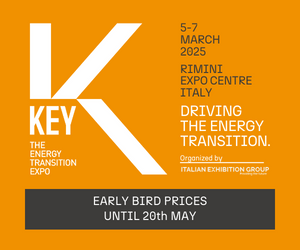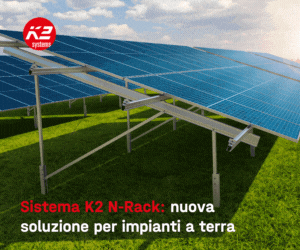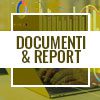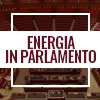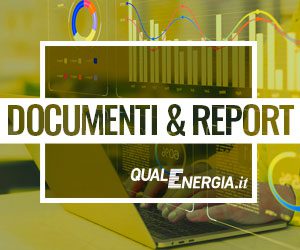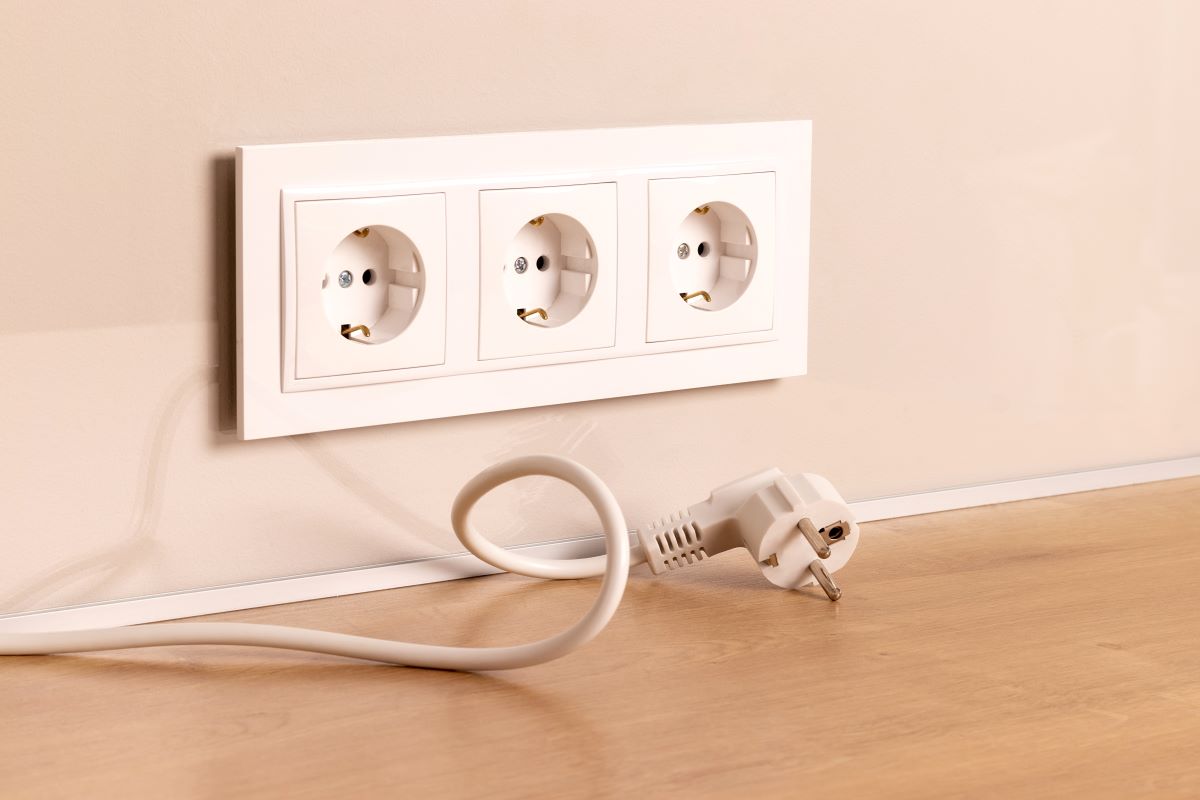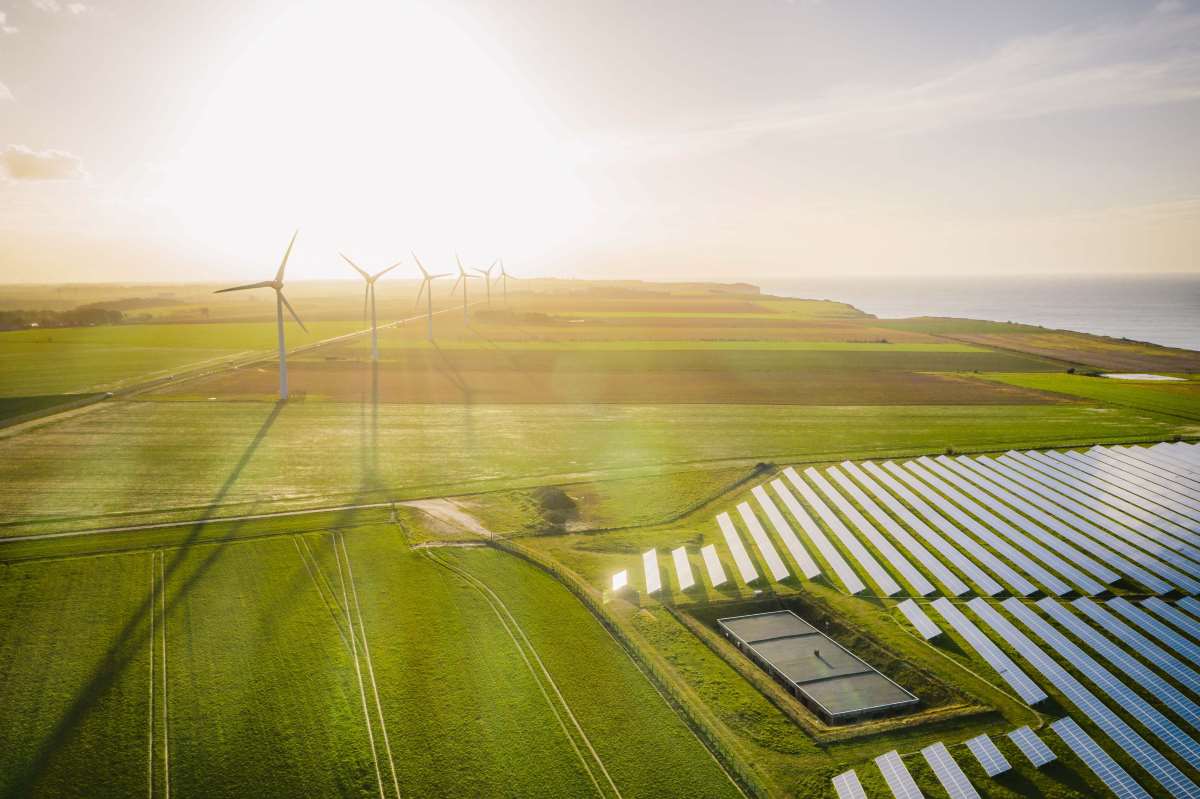James Hansen, one of the most prominent American climatologist, is well known for bringing global warming to the world’s attention in the 1980s, when he first testified before Congress. Director of the NASA Goddard Institute for Space Studies and professor at Columbia University he’s a long time advocate for environmental issues. In his last book Storms of my grandchildren. The thruth about the coming climate catastrophe and our last chance to save humanity Hansen explains the science of climate change and paints a realistic picture of what will happen in the next decades if we don’t act now.
QualEnergia.it asked him how we can start acting to stop climate change.
 During the last couple of years we started to see concrete signals of climate change. Do you think this is going to change people’s perception of the topic and affect governments’ policies?
During the last couple of years we started to see concrete signals of climate change. Do you think this is going to change people’s perception of the topic and affect governments’ policies?
It depends. Yes, climate signals have become far more widespread. But there is a concerted effort by the fossil fuel industry to blind the public to this reality. They claim that no signal can be trusted, because climate is naturally variable. I am working on a paper that shows that the signal is very clear when we look at global observations.
What do you see for the post-Kyoto climate agreements?
If governments continue to be in the hip pockets of the fossil fuel industry and big banks, then nothing good will happen. They will continue to propose cockamamie cap-and-trade agreements, designed for minimum disturbance of the fossil fuel industry and unnecessarily bringing big banks like JP Morgan Chase and Goldman Sachs into the story. Such absurdities are a product of the revolving door between government advisors and Wall Street in the U.S., and similar arrangements in other nations, as well as the enormous amount of fossil fuel lobbying money in Washington and other capitals around the world.
You mentioned cap-and-trade. What’s your opinion about that mechanism?
It is a huge rip-off of the public. Every dime made by the highly skilled trading units of JP Morgan Chase and Goldman Sachs will come out of John Q. Public’s pocket. Where else could their profits and multi-million dollar bonuses come from – out of thin air? No, they would come from increased energy prices. Their skilled trading units can make billions out of any market that fluctuates, but they add nothing of value – indeed, the fluctuations of a cap-and-trade scheme (and scheme is the right word) are very harmful. What is needed to move the world to clean energy is a predictable steadily rising price on carbon, so both the public and the business community have confidence in how fossil fuel prices will be changing.
Your proposal is to put a price on carbon emissions. Can you explain this idea? Which kind of mechanism do you envision?
Fossil fuels are the cheapest energy now only because they are directly and indirectly subsidized and they are not made to pay their costs to society, including the damage that fossil fuels cause to human health and the costs of human-made climate change.
We must put a simple honest price on carbon emissions by collecting a gradually increasing fee from fossil fuel companies at the domestic mine or port of entry. This will steadily increase the price of fossil fuel energy. However, if the money collected is distributed uniformly to all legal residents of the country, the public will have the means to deal with the fuel prices. The person who does better than average in limiting his carbon emissions will receive more in his monthly dividend (deposited electronically in his bank account or debit card) than he pays in increased energy prices.
Could this mechanism help in solving the economic crisis?
This approach would help stimulate the economy and solve the economic crisis. Sixty percent of the people would receive more in the dividend than they pay in increased energy prices. Some people, those with high life styles, multiple houses, or people who fly around the world a lot, would pay more in increased energy prices than they get in their dividend – but those are people who can afford it. The money that is put in the hands of the people living from hand to mouth is likely to get spent, stimulating the economy.
This is common sense. If an economist tells you that cap-and-trade is fine, or that it is equivalent to a carbon fee-and-dividend approach, check whether he has a relationship with a big bank or graduated near the bottom of his high school class.
In addition to being wary of economists who have become comfortable with the big business system, beware of the politician who says he has a better way of using the fee collected from fossil fuel companies. Politicians love to decide how to spend the public’s money and they inevitably waste the public’s money. Give the money (collected from fossil fuel companies) to the public and let the market place determine technology winners among energy efficiency, no-carbon and low-carbon energy sources.
The fossil fuel barons will squeal like stuck pigs, so it takes a strong politician to take the initiative – but the public would back one who had the intestinal fortitude to do so.
Do you see any link between the possible solutions for the economic crisis and the energetic-environmental crisis?
Yes, the solutions of the economic crisis and the climate crisis are the same. The price on rising carbon will lead to new industries, new good jobs, but innovations and new directions should be determined by the market place, not by governments deciding that it is solar panels or any other specific choice.
You are involved in several environmental fights in the US. Why did you decide to start advocating for the environment? Do you think an international action starting from people is needed?
I have children and grandchildren and also a love for other species on the planet. Yes, I think that the public must come to understand how they are being screwed by the fossil fuel industry and the big banks.
You got arrested during the protests against the Keystone XL pipeline. Why do you think it’s so crucial to stop that project and tar sands exploitation?
It is still feasible to stabilize climate this century, but just barely. It requires phasing out fossil fuel emissions and moving to clean energies over the next half-century as the conventional oil and gas supplies are used up. If, instead, the world moves to unconventional fossil fuels such as tar sands, extracting liquid fuels from coal, etc., then there is no hope of stabilizing climate. Our children’s and grandchildrens’ goose will be cooked.





